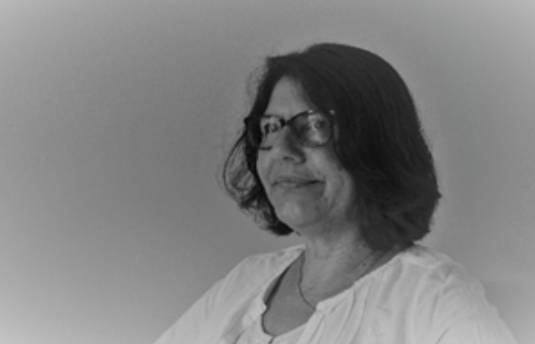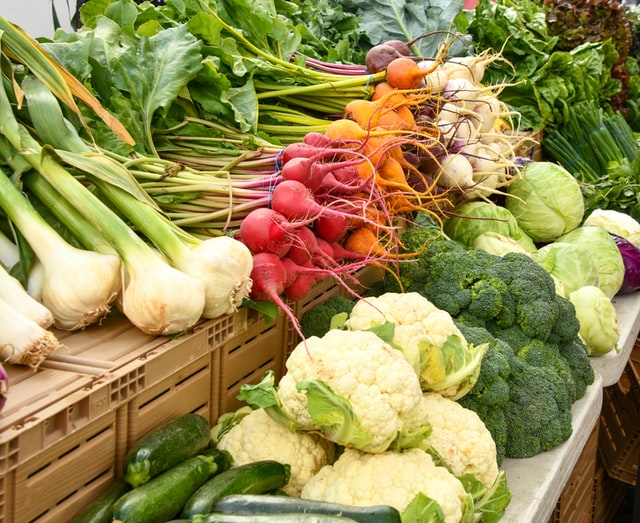A Potted Hope
His garret had large windows overlooking the market. From his desk he viewed the green topped stalls with a radiant array of fresh fruit and vegetables splaying out from beneath them; apples and pears tumbled from baskets, buckets bursting with blooms cast their colour like piebald stars. The heady scent of market days infused the square with wonder. He marvelled that such vibrancy came from the dull brown of earth, that zest of such intensity could emanate from such lowly matter.
He waited to see her zig zag across the square, stopping here and there to select this and that:a pot-bellied honeydew melon, a paper bag of polished chestnuts, and after breathing in a head full of their fragrance, a spray of snow-white chrysanthemums. She wore her hair up, loose and wispy. She moved lightly, as if dancing from one stall to the next. He watched her, as he always did, until she moved from sight, sighing at the loss.
She lived alone, he decided, or perhaps with a disabled parent, a mother no doubt, who smiled at her daughter’s thoughtfulness in bringing her a bag of chestnuts. He was certain that she lived nearby in one of the small attic apartments like his, but she wasn’t sad about that. She’d take pleasure in keeping the place neat and homely, brightened by the starry chrysanthemums that brought in a little of the scent of the market. He thought how she’d hum a buoyant tune as she went about her day. When they met, she’d tell how silly she’d felt at trying to nurse a mouse back to life that she’d rescued in the square. A tear would leave her eye as she sighed that it had died anyway. He’d comfort her and say it wasn’t silly at all. In time, he would tell her of mountains and valleys and of great swathes of white covering the earth and she would listen, amazed at his past adventures. She would sit on the sofa with her feet tucked under and he would choose the armchair but sometimes they’d stay at the table and talk about things they thought and knew and wondered.
Today, he waited in the market. Ah, there she was. He willed himself to say hello, but it stubbornly refused to leave his lips. She was selecting a palm, each specimen paraded glossy fans for her inspection. He ducked away to the back of the stall and stood motionless amid piles of discarded blooms, browned leaves and upturned pots, heart pounding. Nervously, he picked at the detritus, crestfallen that he may have lost his chance. His courage was waning. What had he to offer her, really? Why would she speak to him?
She wasn’t sure which palm would suit; she would return later. She crossed the market, wisps of hair flying. Some eggs. A small bunch of carnations. Two pomegranates. He followed, his dark eyes looking far into a future. She halted suddenly. The palm. She spun around to find him close behind, saw a blush rise in his face.

Pam Knapp lives in the UK’s rolling countryside of the Sussex Downs. Optimism is her greatest asset. She plans to market it as soon as she can find a promoter. Her writing can be found in Green Ink Poetry, Owl Hollow Press and Sledgehammer Lit, and others.



